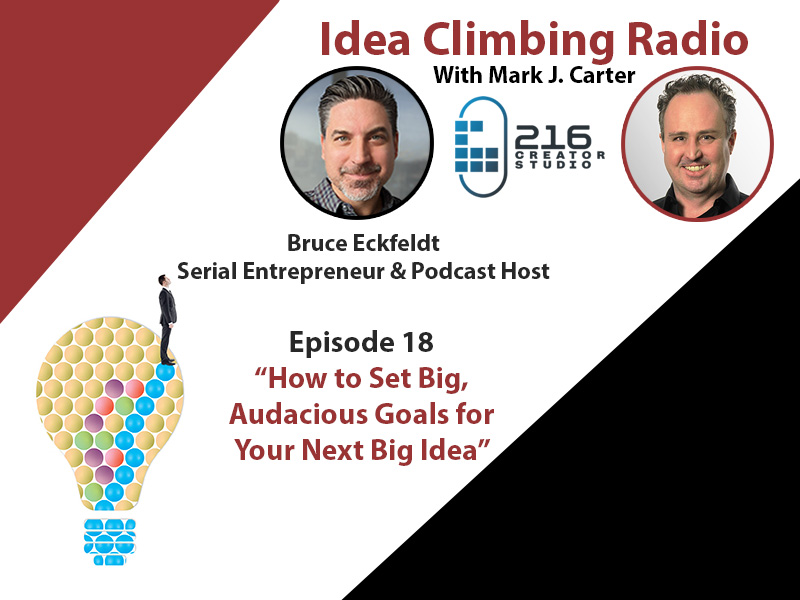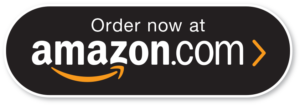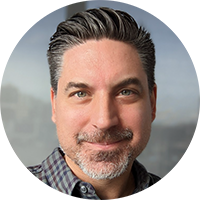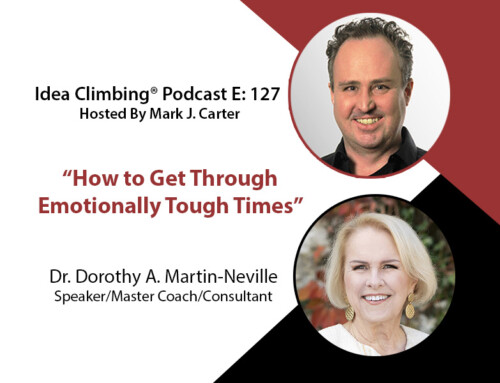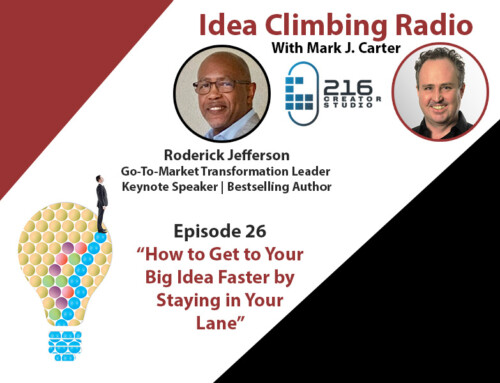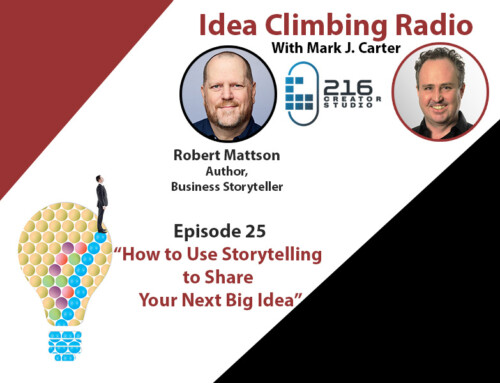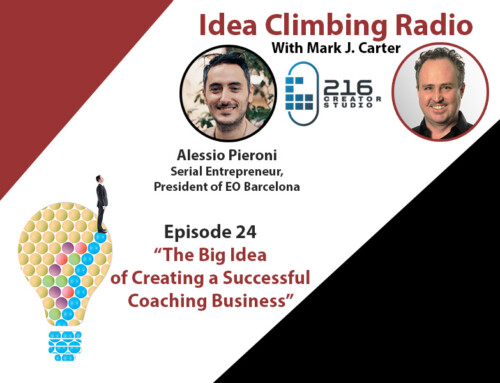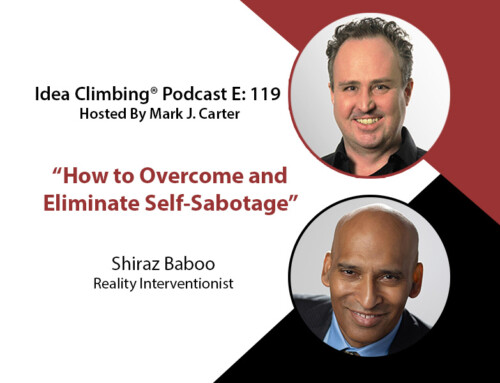If you have a big idea, you need to set big, audacious goals to bring it to life. I discuss how to do that in this episode with my guest, Bruce Eckfeldt.
Bruce is a strategic coach to CEOs and leadership teams seeking predictable growth, a five-time Inc. 5000/500 award winning Founder/CEO, he’s been an Inc.com weekly contributor since 2017, a Podcast Host, a Retreat Facilitator, and has been involved with Entrepreneurs’ Organization (EO) leadership for over a decade.
Yet he still found time for this interview!
Bruce began setting big goals at a young age. He was just 17 when he completed his first half triathlon. Bruce says it was a pretty crazy and seemingly insurmountable goal in the beginning. He spent six months training for it, figuring out piece by piece how to get to his goal. This showed Bruce the value of taking some big swings and setting some big goals, even when he didn’t know how he was going to achieve them. Fortunately, he ended up reaping the rewards that come from setting and achieving big, audacious goals.
When did setting big, audacious goals translate into the business world for you?
Bruce says the biggest audacious goal he achieved was founding his first company in 2002 after getting laid off. He started by working on a consulting project with a friend that led to another project and so on. Pretty soon they had a consulting business going as a lean agile consulting group. They didn’t have specific ambitions when they first started. Once they saw the possibility and the opportunity, they decided to “go for it”.
When starting a business there’s a certain amount of being delusional and being willing to take on a certain amount of risk or uncertainty that can seem somewhat unreasonable. Once they had their third project, they came face to face with the decision to go back to regular jobs or found a company.
Burning the Boats
You need to make calculated decisions around risk, such as “What is the risk, what is the reward for this scenario?” That’s a big question. Oftentimes the trouble is people overestimate the reward and they underestimate the risk. Bruce and his partner asked themselves “How ‘undoable’ is this decision?” That meant realizing if they should go for it but if it doesn’t work, would they be able to go back and start looking for jobs again? Should they burn the boats? Knowing how reversable the situation is helps to know how burnable the boats are and what is the point of no return.
That was the moment when they decided to burn the boats.
Their company was on the Inc. 500 list five years in a row, and they sold it in 2013. That set the stage for the next phase of Bruce’s life.
The rest is history.
In this episode we discuss:
- How to know when to burn the boats.
- How to make the struggle of entrepreneurship less daunting.
- How to take more calculated risks.
- How to deal with uncertainty.
- The importance of setting big goals and then pushing yourself to achieve them.
- Why intentionally getting uncomfortable helps you create change faster.
- Why getting comfortable can be dangerous to success.
- How to deal with unexpected fears and setbacks when they arise.
- The role sales and marketing play in taking big swings.
- When to take the next big swing after the success of your first big swing.
- How far out new entrepreneur’s big, audacious goals’ timelines should be.
- The characteristics of big, audacious goals for new entrepreneurs.
…and more golden nuggets of advice!
You can get my book here: “Idea Climbing: How to Create a Support System for Your Next Big Idea”
About the Guest
Bruce Eckfeldt is my guest. In 2003, he founded Cyrus Innovation, one of the first Lean/Agile consulting firms, and worked with companies such as Boeing, Kaplan Test Prep, Simon & Schuster, Eze Software, and The New York Times on product development and Lean/Agile transformation initiatives. Cyrus was an Inc 5000 honoree for five years in a row and placed #241 on the Inc 500 in 2009.
Bruce has been a member of the Entrepreneurs’ Organization (EO) since 2007 and has served in many chapters and regional leadership positions including Learning, Forum, and Accelerator. Bruce has served as the US East Regional Forum Expert and the US East Regional Accelerator Expert.
Click here to connect with Bruce on LinkedIn!
Click here to learn more about Bruce!
Click here for more outstanding interviews with entrepreneurs and thought leaders!
